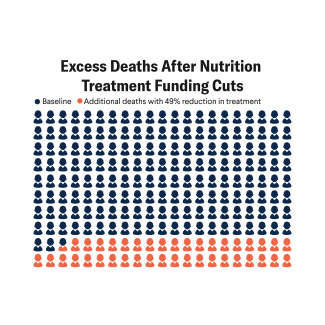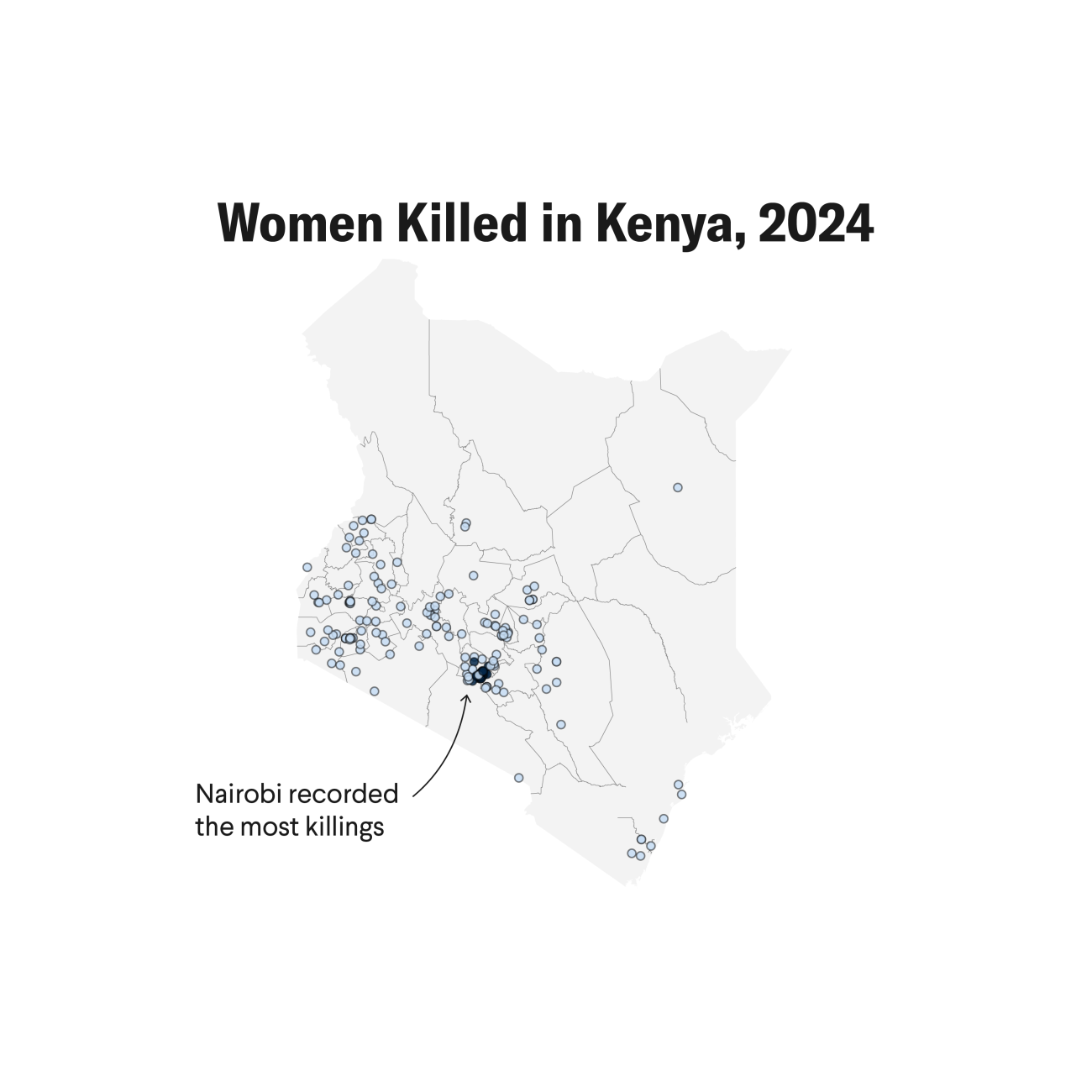The Termination of Pregnancy Act (TOP Act), passed in 1977, has been increasingly attacked by human rights activists, victims, and legislators because it minimizes access to reproductive health for vulnerable women and girls in Zimbabwe.
Activists are calling for a review of the act and amendments to include rape within a marriage, access to safe abortion, and reproductive health.
Currently, the law only allows the lawful termination of pregnancy when the pregnancy endangers the life of the mother, if the unborn child is at risk of physical or mental defects that could pose a serious risk to both mother and child, or if rape or incest is a reasonable possibility. According to the Zimbabwe Human Rights Commission (ZHRC), this review will reduce illegal abortions and increase sexual and reproductive health rights for younger women, who usually opt for unlawful procedures in desperation because of restrictive laws and gender-based violence from men who could refuse paternity.
In a statement, ZHRC Chairperson Elasto Mugwadi told NewsDay in March, "The statutory provisions . . . dismiss the myth . . . widely held over the years[,] that a husband cannot rape his wife[,] by taking a progressive position which aligns with international standards and recommendations that seek to protect the rights of women."
Despite the existence of the TOP Act, some women who were eligible for lawful procedures still sought unsafe abortions each year, which has contributed to a 16% increase in maternal deaths since 2021. An abortion conducted illegally can result in a jail term not exceeding five years, a fine of 5,000 Zimbabwean dollars (around $13), or both.
As a result, many young women opt for backyard abortions, when illegal abortion practitioners administer deadly concoctions and use wires or sharp objects to terminate pregnancies, putting women at risk for excessive bleeding, infection, and even death.
Despite the existence of the TOP Act, some women who were eligible for lawful procedures still sought unsafe abortions each year
"Many women and girls are driven into the shadows because of restrictive abortion laws and a lack of clarity about their provisions. The topic of abortion is taboo within the African context and cultures, [and] is not openly discussed, although evidence shows that it happens frequently," Itai Rusike, the executive director of Community Working Group on Health tells Think Global Health.
Because access to family planning methods is limited to older than 18, adolescent girls who lack access to informative reproductive health education are at a higher risk because they cannot get family planning services without parental or guardian consent.
Under Section 52 of Zimbabwe's constitution, everyone has the right to bodily and psychological integrity, including reproduction rights; however, the delays in revising the act are resulting in more deaths. The amendment debate that has been dragging for years now will potentially face stiff resistance from some religious sectors, which largely view abortion as a sin, murder, and a foreign practice.
The current ongoing public debates inside parliament and by university students, pressure groups, and traditional leaders have yielded mixed reactions. For example, some traditional leaders have vowed to withhold support because they believe that the legislation goes against the local cultural norms and values they stand for. The motion, they argue, will not gain traction among lawmakers. In Zimbabwe, the lawmaking review process is twofold. First, the proposed bill passes through a requisite majority in both houses of parliament. When the parliament approves it, the president must assent before it becomes law.
"Lack of awareness of the TOP Act creates confusion and fear among women and girls, preventing them from seeking safe abortion services. The tedious legal procedure to procure the safe termination and some health institutions may also prevent service providers and others from helping them access the service. In 2016, a study revealed that only 25% of health-care providers knew all the conditions for which abortion is legal in Zimbabwe," Rusike says.
The proliferation of child marriages and poverty, leading to forced marriages by parents in times of need, may also induce illegal abortions: according to UNICEF in 2023, more than 1 million child brides have been reported in Zimbabwe. Generally, child brides lack access to health care, education, and skills, leaving them exposed to gender-based violence. During the pandemic in 2021, for instance, 5,000 young girls fell pregnant in a 2-month period and 1,800 entered early marriages due to lockdown and poverty. The 2023/24 Amnesty International Report revealed that an estimated 33% of women between the ages of 20 and 24 were first married before they turned 18.
The report also noted that "teenage pregnancy remained prevalent, with 108 live births per 1,000 women and girls aged between 15 and 19. The government's pledge to reduce it to 100 per 1,000 women by 2022 was still unrealized in 2023."
Because of shame, mainly from family members who believe that young girls cannot get pregnant out of wedlock, some girls as young as 13 years old may be forced or lured by their older partners to terminate their pregnancies either out of fear of the responsibilities of parenthood or fear of arrest.
Obscure Law, Intended Beneficiaries Unaware
The Women and Law in Southern African Research and Education Trust (WLSA), which focuses on research and advocacy for women and girls' rights and holds a presence in seven regional nations, is challenging the constitutional validity of some sections of the Termination of Pregnancy Act in the High Court, arguing that it "excludes pregnancies of minor girls conceived as a result of marital rape by older spouses."
Katswe Sistahood, which fights for young women's sexual and reproductive health rights, is also questioning its validity because the act remains obscure, even to its intended beneficiaries, says its founder Talent Jumo.
Despite the resistance, a review of the TOP Act needs urgent attention and follow-up action to curb the continuous loss of lives
"Very few people actually have awareness of what the provisions say, hence you find that individuals who could have benefited from the progressive bits of that piece of legislation . . . actually did not, and this is something we need to interrogate and ask ourselves why," Jumo explains.
Although the country has achieved some notable successes in health provisions, Itai Rusike observes that the continued existence of the restrictive precolonial TOP Act in its present form is a drawback. "Too many Zimbabwean women are still dying from one of the leading causes of maternal deaths, unsafe abortion," Rusike says. "In the country, as in other southern African countries, 4 out of 10 pregnancies are unintended or unplanned; and 25% of those unintended pregnancies end in abortion."
Despite the resistance, a review of the TOP Act needs urgent attention and follow-up action to curb the continuous loss of lives of many innocent women and girls, who suffer in silence daily.


